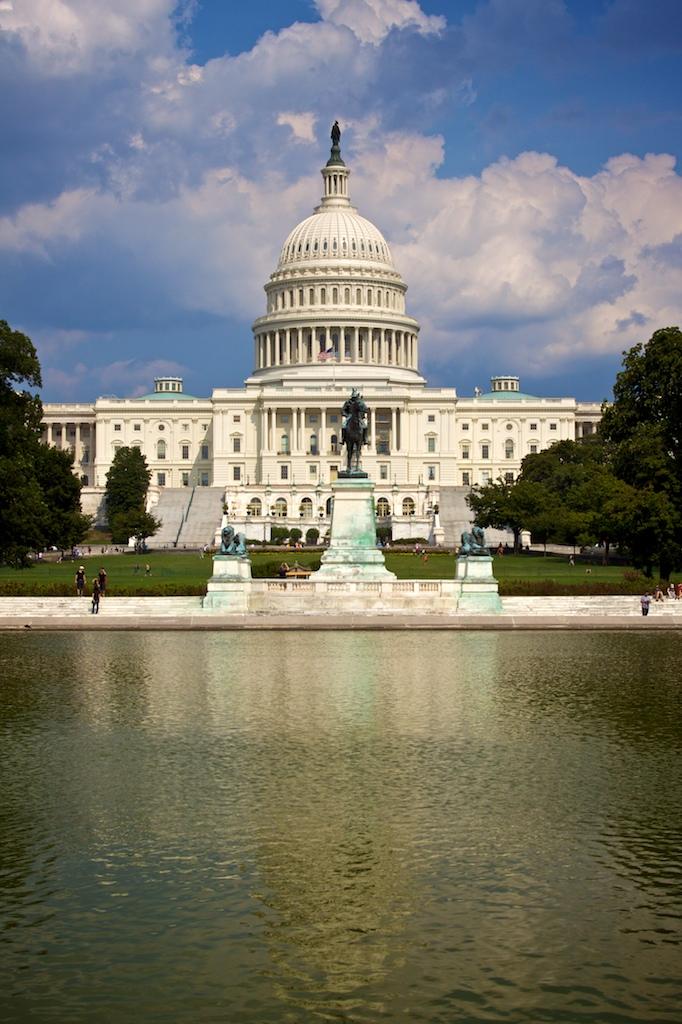The Health Insurance Marketplace is now available to people who want to sign up for “Obamacare” and ironically, it opened on the same day that the government shutdown was announced. Opposed to what some believe, the shutdown does not change the fact that “Obamacare” has become law and is currently being enacted, but many people are still asking the question: “What is Obamacare?” The Affordable Care Act (ACA), which is known affectionately (or disdainfully, depending on one’s political standings and socio-economic beliefs) as “Obamacare,” goes into full effect in January 2014. Despite the fact that it is often stated that not many people have a clear grasp of what the ACA actually is, there are very polarized views on the matter. The ACA, in extremely simplified terms, is a new law that will redefine healthcare in America in an attempt to make healthcare more affordable for the people and the government, while reducing the national deficit over time and making healthcare more accessible.
The accessibility part is where much of the surface controversy is founded, for under the ACA, healthcare is not necessarily made more accessible as much as it is made a requirement. As of Jan. 1, every American must have purchased a healthcare plan or they will have to pay a penalty of $95 or 1 percent of their total income, whichever is a higher price. While some people believe that this will increase the amount of insured Americans, others argue that the young and healthy will have no true incentive to buy into healthcare, and the ACA will fail. This argument is refuted in part by the fact that young people ages 26 and under can be claimed onto their parents’ insurance. Some people have stated that everyone will pay more for their insurance under the ACA, and this is partially true. Many people will have to pay higher premiums for their coverage after subsidies and the price it costs to implicate the ACA, like the rearrangement of who is charged what to create a more efficient system. Some people will in fact pay lower premiums under the ACA, however the amount paid varies drastically and depends on many factors including age, state, income and more.
In the end, it is estimated that the average American will pay $328 for their health insurance, as reported by several news sources. Many doubters fear that under the ACA, healthcare will actually become more expensive than expected and become unaffordable to many Americans. Some feel that the fact that Americans will be required to buy healthcare to avoid penalties will be giving the corporations and businesses that provide healthcare too much power. Others are weary of the ACA because they fear the act places too many restrictions on corporations and is an example of the government becoming too involved in healthcare. There is much confusion over what will actually happen to people or the economy after the ACA activates. Unfortunately, there is no way to predict exactly what will happen.
The Congressional Budget Office (CBO) predicts that by 2016, 25 million people will be insured that are not currently but also states that healthcare costs will still be a major issue faced by Americans. The accuracy of this statement remains to be seen, and many people do not believe that there is a smooth road ahead. One thing that I found to be interesting while I was investigating this topic is that so called “Obamacare” is a plan largely adapted to a national scale from Massachusetts’ healthcare laws instituted and advocated by former presidential candidate Mitt Romney. I find it intriguing to wonder if many presidential supporters only voice support of the ACA because of their avocation of the president, and on the flipside, ponder the number of people who oppose it based on their dislike of President Obama. In any case, now is the time to become informed about what the ACA means for you and decide how you feel about it.

